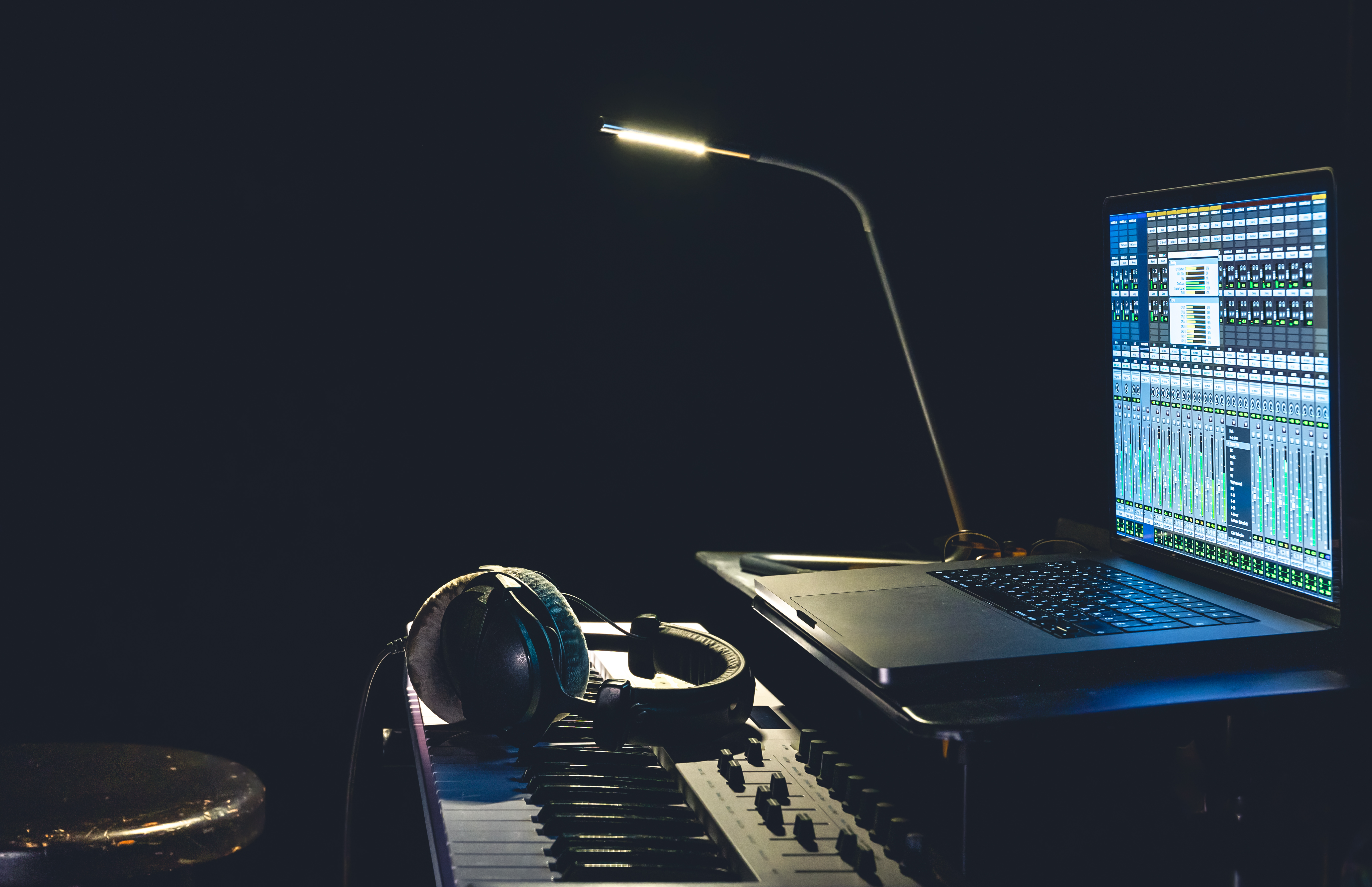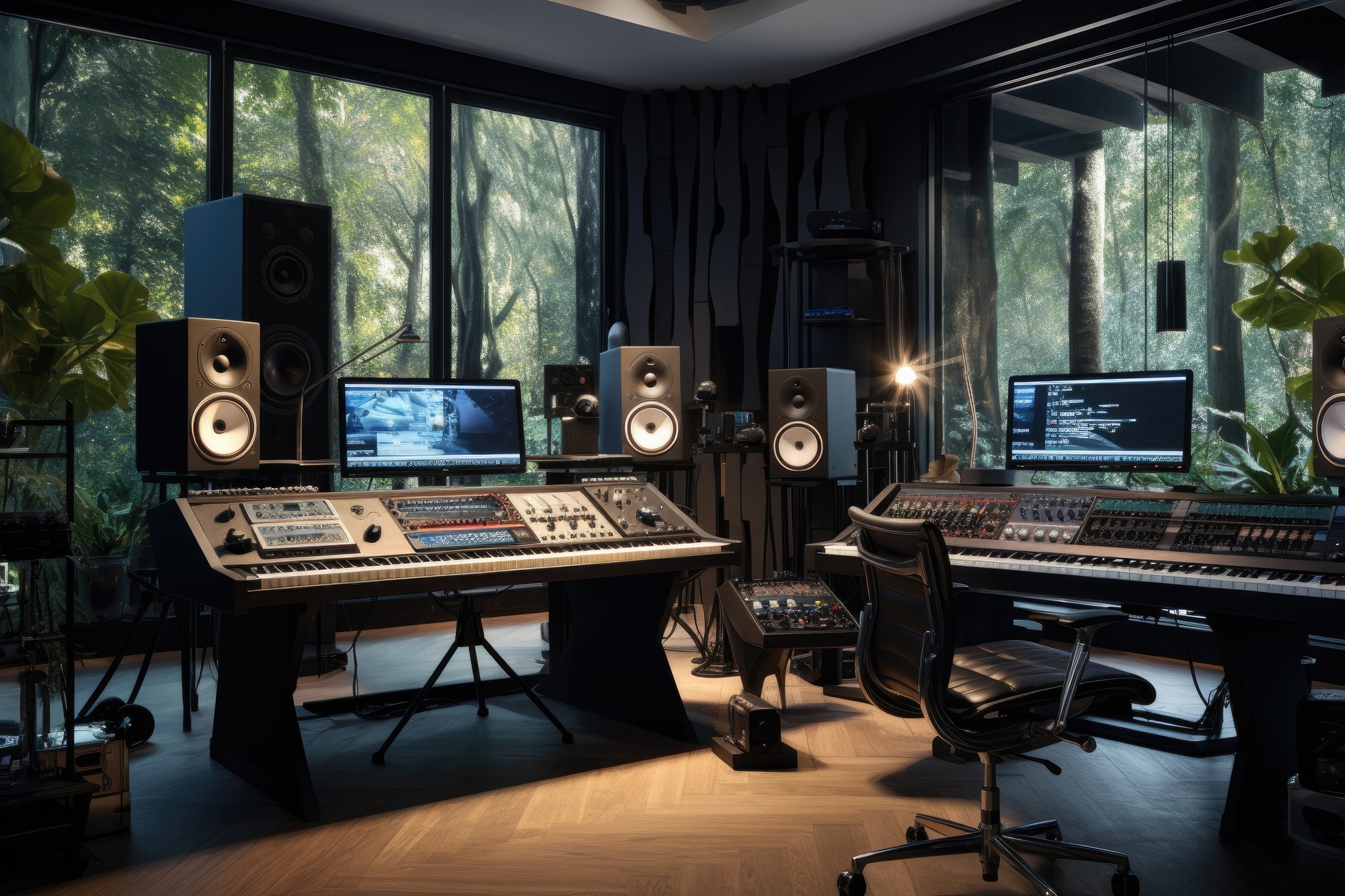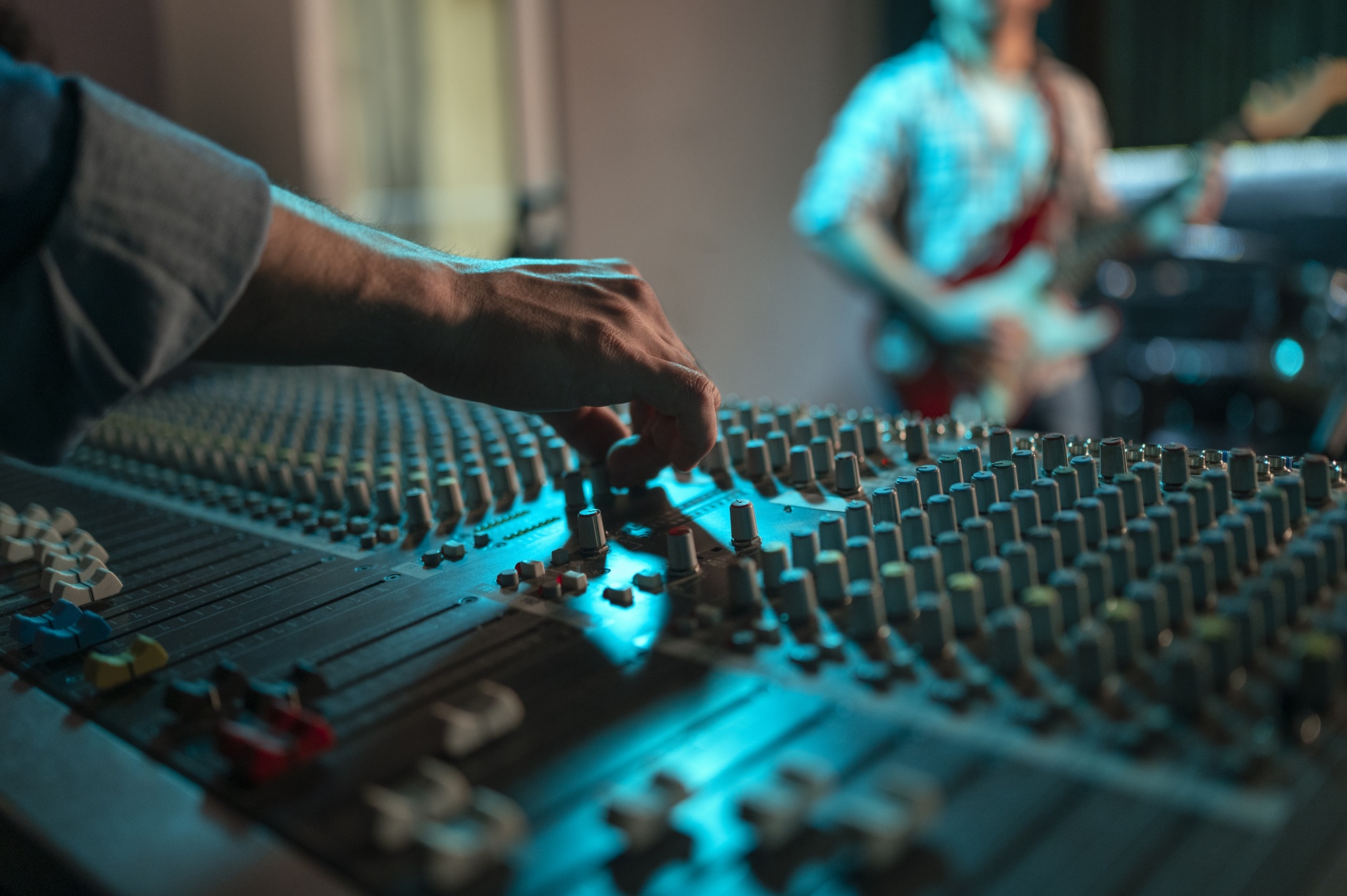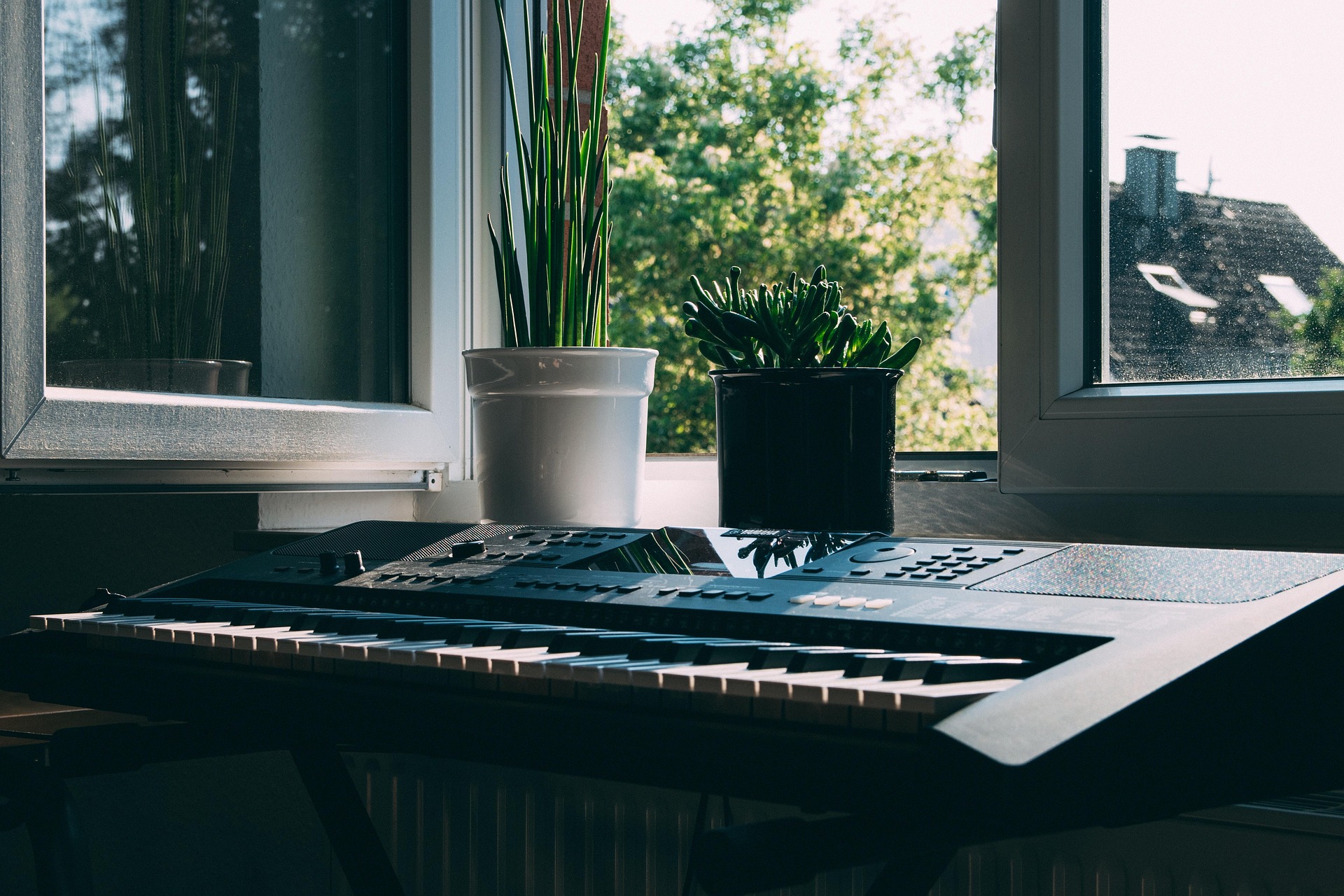Introduction
Starting your journey in music production can be both exciting and overwhelming. With countless DAWs (Digital Audio Workstations), plugins, and techniques to learn, it's easy to feel lost. In this comprehensive guide, I'll walk you through the essential tips and fundamentals that every beginner music producer should know to start their journey on the right foot.
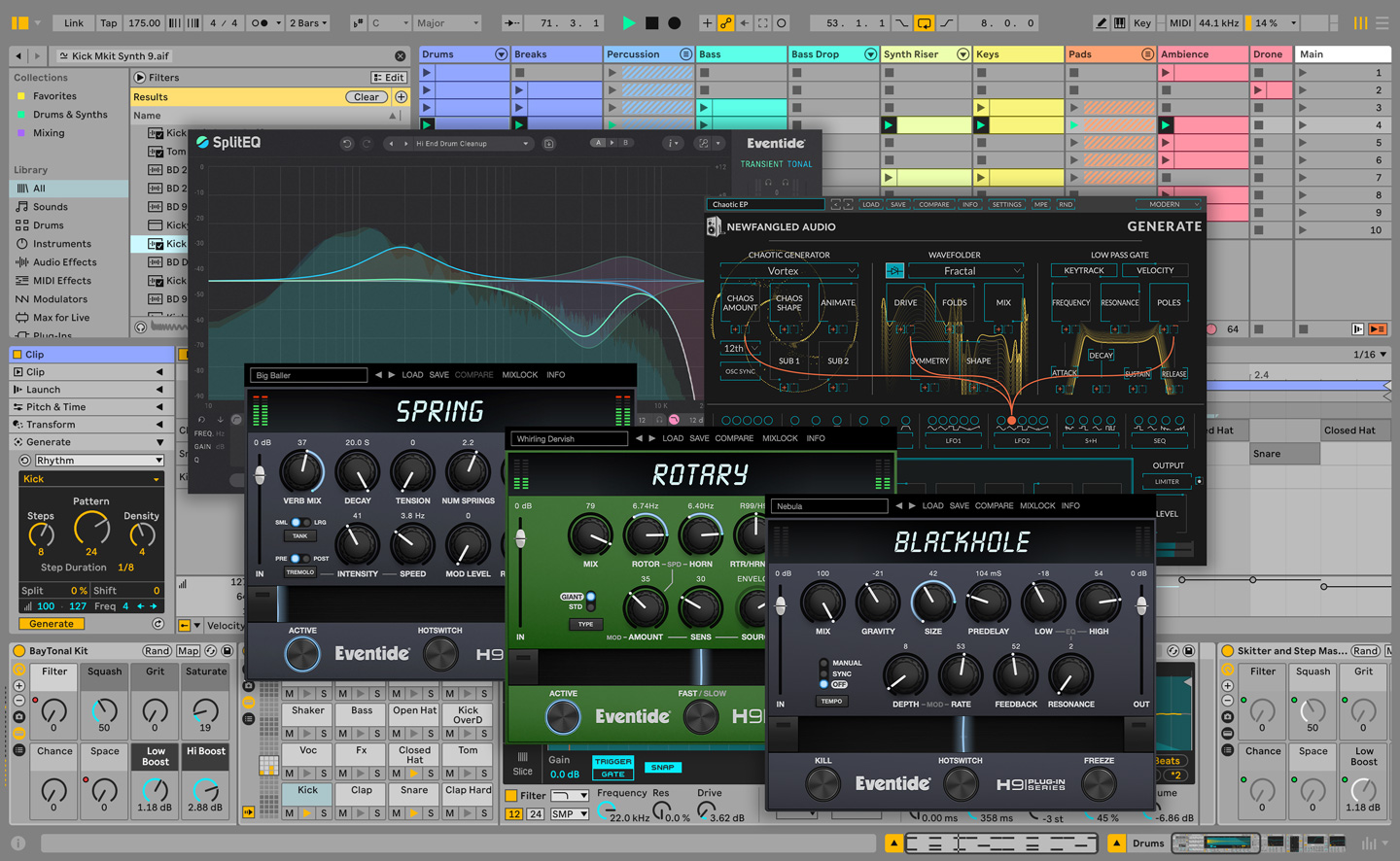
A professional DAW workspace setup for music production
When I first started producing music over a decade ago, I made countless mistakes and spent hours going down rabbit holes that ultimately didn't improve my productions. This guide aims to help you avoid those same pitfalls and focus on what truly matters in the early stages of your music production journey.
Choosing the Right DAW
Your DAW is your creative hub - it's where all your music production will happen. While there are many options available, here are some popular choices for beginners:
- Ableton Live: Great for electronic music and live performances
- FL Studio: Popular for beat-making and has an intuitive interface
- Logic Pro: Excellent all-rounder for Mac users with great stock plugins
- GarageBand: Free for Mac users and a great starting point before moving to Logic
- Reaper: Affordable option with powerful features
My advice? Don't get caught up in the "which DAW is best" debate. Choose one that fits your budget and operating system, then stick with it long enough to truly learn it. The core concepts of music production transfer between DAWs, so focus on learning the fundamentals rather than constantly switching tools.
Essential Equipment for Beginners
You don't need expensive gear to start producing music. Here's a minimal setup that will get you going:
- Computer: Any modern computer (less than 5 years old) should handle basic music production
- DAW: As discussed above
- Headphones: A decent pair of closed-back headphones is essential. Audio-Technica ATH-M50x or Sennheiser HD 280 Pro are good starting points
- Audio Interface: If you plan to record instruments or vocals, an entry-level interface like the Focusrite Scarlett Solo is perfect
- MIDI Controller: A simple 25-key MIDI keyboard can greatly enhance your workflow
As you progress, you can consider adding studio monitors, better acoustic treatment, and more specialized equipment. But remember, great music has been produced on minimal setups - focus on learning to use what you have effectively before expanding.
Understanding Basic Music Theory

Understanding scales and chord progressions is fundamental to music production
While you don't need to be a music theory expert to produce music, understanding some basics will significantly improve your productions:
- Scales and Keys: Learn major and minor scales and how they determine the mood of your music
- Chord Progressions: Understand how to build basic chords and common progressions
- Rhythm and Time Signatures: Learn about beats, bars, and how time signatures affect your music
- Song Structure: Familiarize yourself with common structures like verse-chorus-verse
Many DAWs now include scale and chord tools that can help you apply music theory even as you're learning. Use these tools, but also take time to understand why certain notes work together.
Developing Your Ear
One of the most valuable skills for any producer is a well-trained ear. Here are some exercises to develop this:
- Active Listening: Listen to music you enjoy and try to identify individual instruments and how they're processed
- Frequency Training: Practice identifying different frequency ranges (apps like TrainYourEars can help)
- Recreate Tracks: Try to recreate sections of songs you like to understand how they were produced
- Reference Tracks: Always compare your mixes to professional tracks in similar genres
Remember that developing your ear takes time. Be patient and consistent with these exercises, and you'll gradually notice improvements in your production decisions.
Organizing Your Workflow
An organized workflow will save you countless hours and frustration:
- Template Projects: Create template projects with your commonly used tracks and routing
- Sample Organization: Keep your samples organized in a logical folder structure
- Color Coding: Use colors to identify different types of tracks (drums, bass, vocals, etc.)
- Regular Saving: Get in the habit of saving regularly and creating version backups
- Project Notes: Document your ideas, settings, and decisions for future reference
Taking time to organize your workflow might seem tedious at first, but it will pay dividends in productivity and creativity later on.
The Importance of Arrangement
Many beginners focus too much on sound design and mixing before mastering arrangement. A well-arranged track with simple sounds will always sound better than a poorly arranged track with amazing sounds.
Focus on:
- Energy Flow: How your track builds and releases tension
- Transitions: Smooth movements between different sections
- Space: Not having too many elements competing at once
- Contrast: Creating distinction between different sections
Study the arrangement of tracks you admire. Notice how elements are introduced and removed, and how this affects the energy of the track.
Mixing Fundamentals
While detailed mixing is a vast topic, here are some fundamentals to focus on:
- Gain Staging: Set appropriate levels for each track to avoid clipping
- EQ: Learn to identify and cut problematic frequencies rather than always boosting
- Compression: Understand how threshold, ratio, attack, and release affect your sound
- Panning: Create width in your mix by thoughtfully placing elements in the stereo field
- Reverb and Delay: Use time-based effects to create depth, not to mask problems
Remember that less is often more in mixing. Focus on making each element sound good on its own before trying to fix it in the mix.
The Power of Limitation
One of the biggest challenges for beginners is the paradox of choice. With thousands of plugins, samples, and techniques available, it's easy to get overwhelmed and never finish anything.
Try these approaches:
- Use Stock Plugins: Master your DAW's built-in tools before buying third-party plugins
- Limit Sound Sources: Work with a small selection of instruments and samples for each project
- Time Constraints: Set deadlines for different stages of your production
- Finish Projects: Complete tracks, even if they're not perfect - you learn more from finishing than endlessly tweaking
These limitations will force you to be creative with what you have and help you develop your unique sound.
Learning Resources
There's no shortage of learning resources for music production, but quality varies widely. Here are some reliable sources:
- YouTube Channels: Look for channels that explain concepts, not just those showing "how to make X type beat"
- Online Courses: Structured courses (like mine!) can provide a comprehensive learning path
- Books: "Mixing Secrets for the Small Studio" by Mike Senior is excellent for beginners
- Forums: Communities like Gearspace or the subreddit r/WeAreTheMusicMakers can be valuable
Be selective with tutorials and focus on understanding principles rather than copying specific techniques.
The Importance of Finishing Tracks
Many beginners fall into the trap of starting dozens of projects but never finishing them. Completing tracks is crucial for several reasons:
- It forces you to solve problems rather than abandoning them
- You learn the entire production process, not just the initial creative phase
- It builds confidence and momentum
- You create a body of work that shows your progress
Set realistic goals - maybe aim to finish one track per month when starting out. Quality will come with quantity and practice.
Embracing the Journey
Finally, remember that becoming a skilled music producer is a journey, not a destination. Every professional producer started as a beginner, and everyone continues to learn throughout their career.
Be patient with yourself, celebrate small victories, and focus on progress rather than perfection. The most important qualities for success are consistency, curiosity, and passion for the craft.
Conclusion
I hope these essential tips help you start your music production journey on the right foot. Remember that the goal isn't to become a master overnight, but to enjoy the process of learning and creating. Focus on building a solid foundation of skills, develop good habits early on, and most importantly, have fun with your music.
If you're looking for more structured guidance, check out my Music Production Fundamentals course, where I expand on all these concepts with practical, hands-on lessons.
What aspect of music production are you most excited to explore? Let me know in the comments below!
